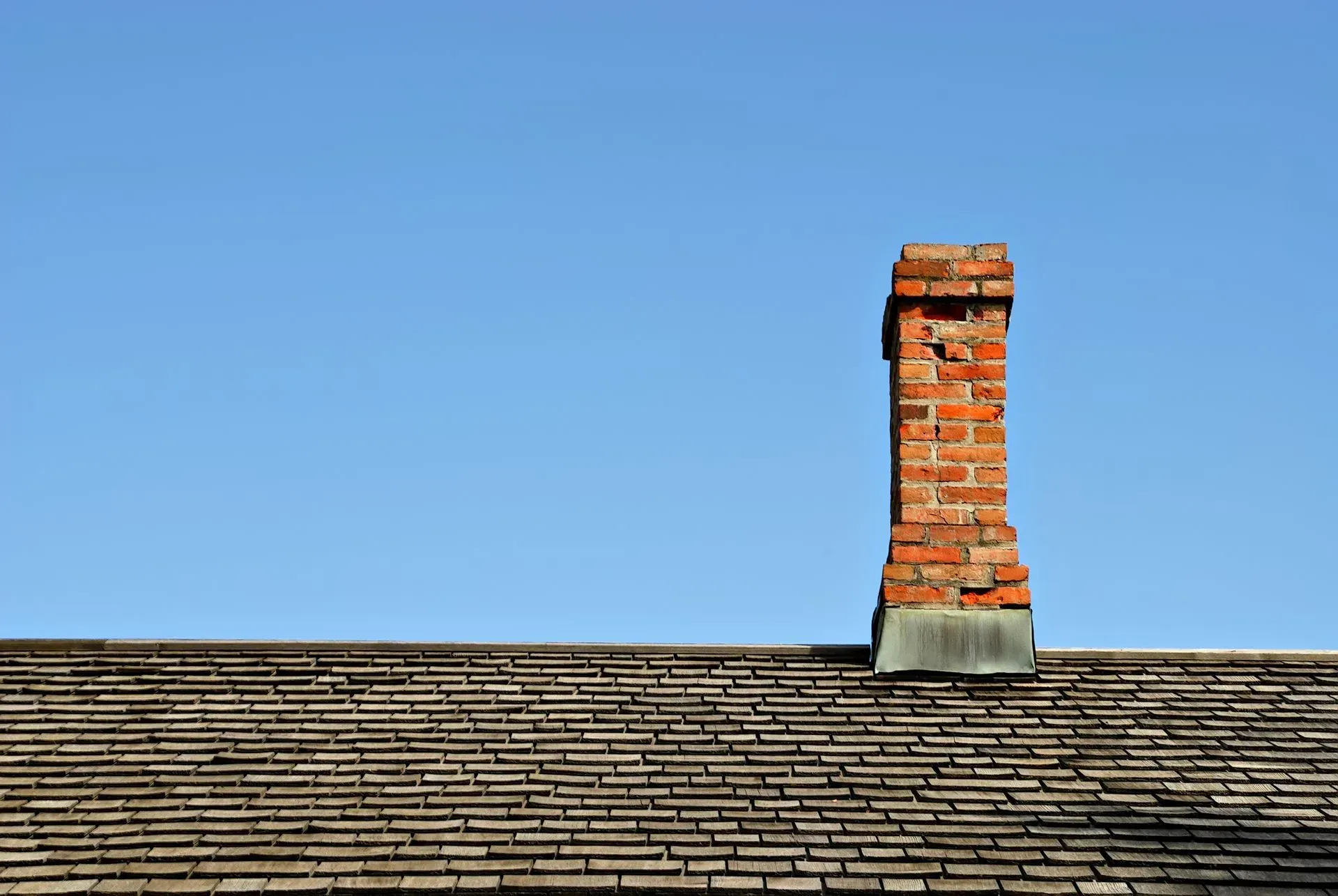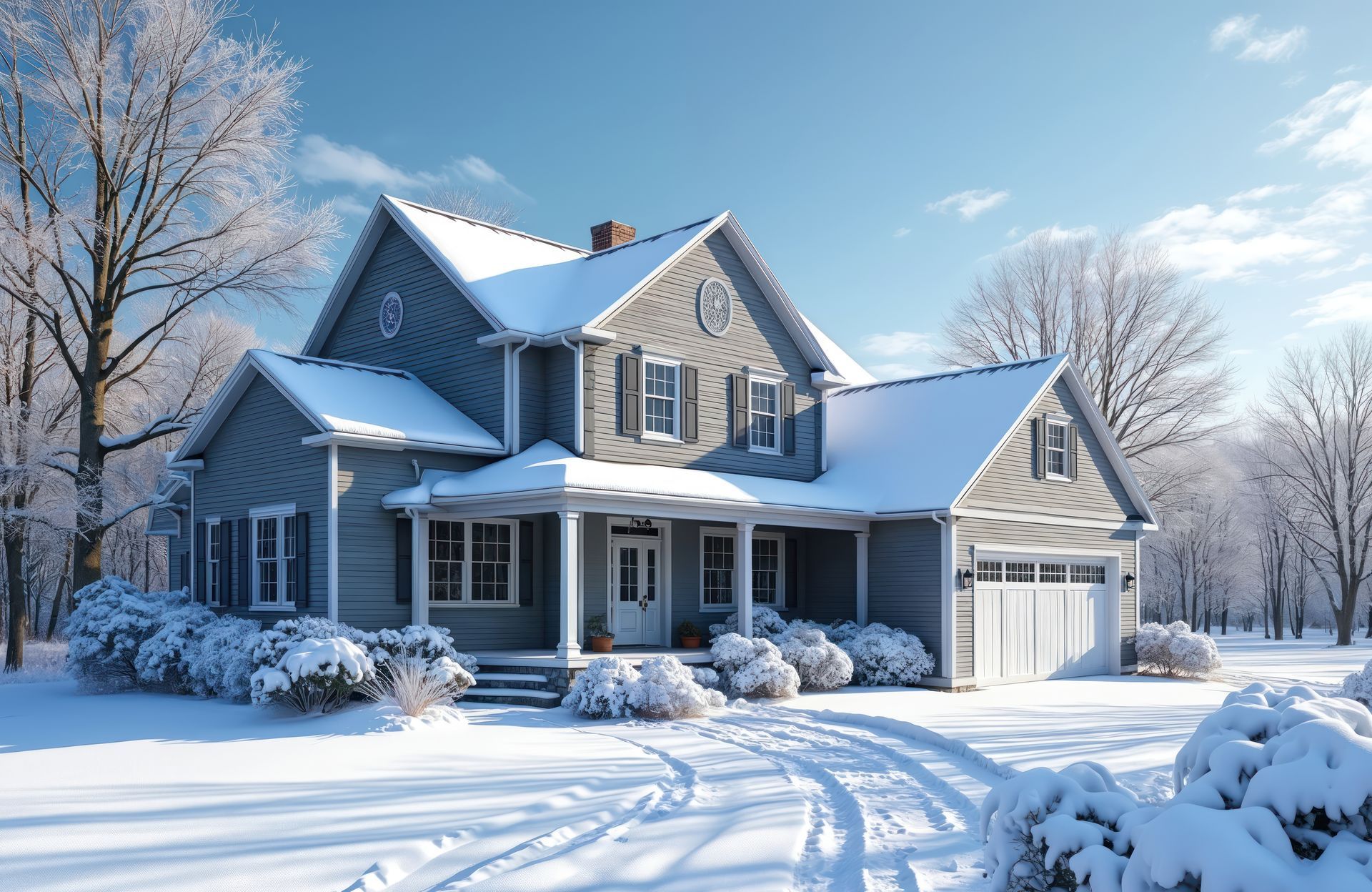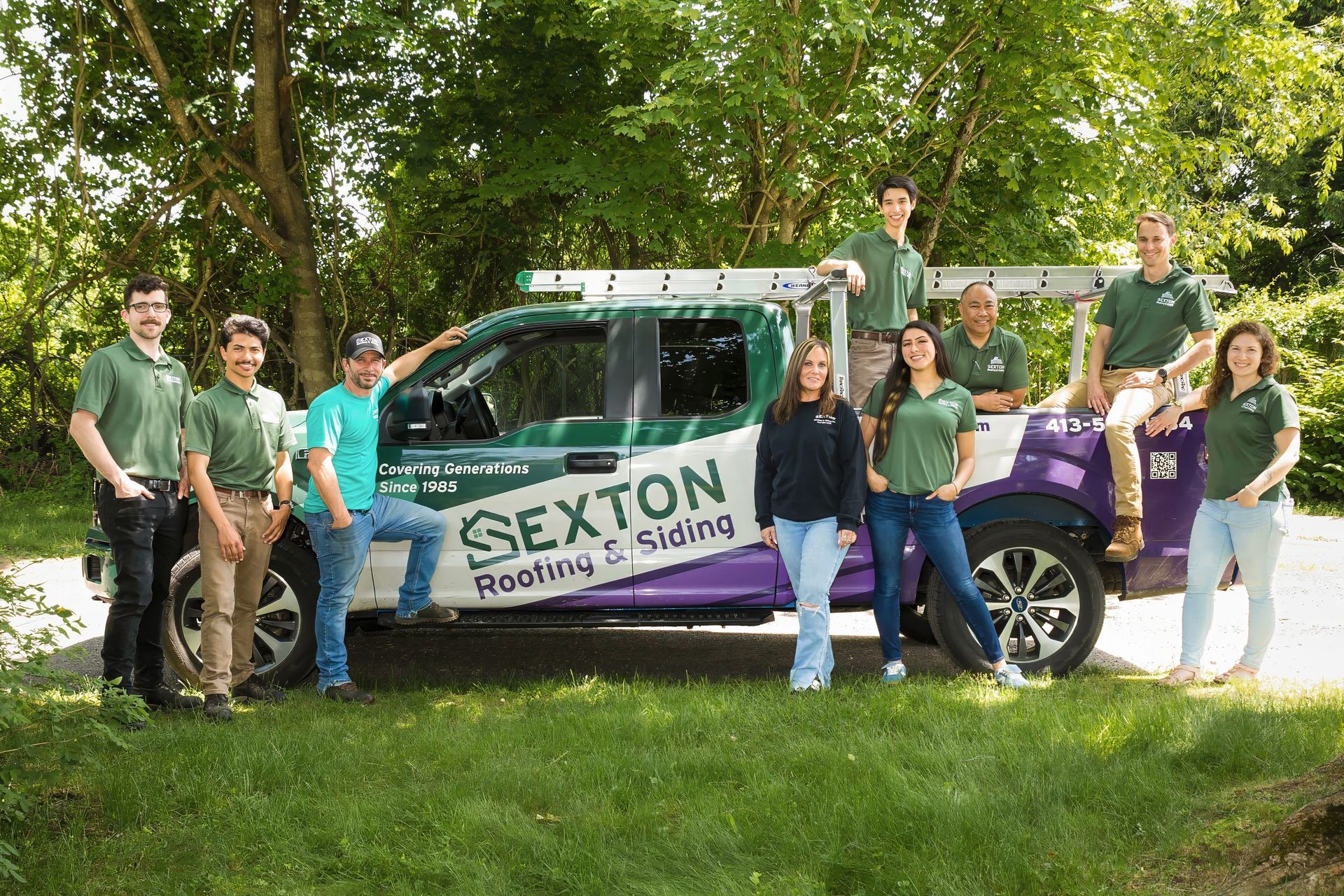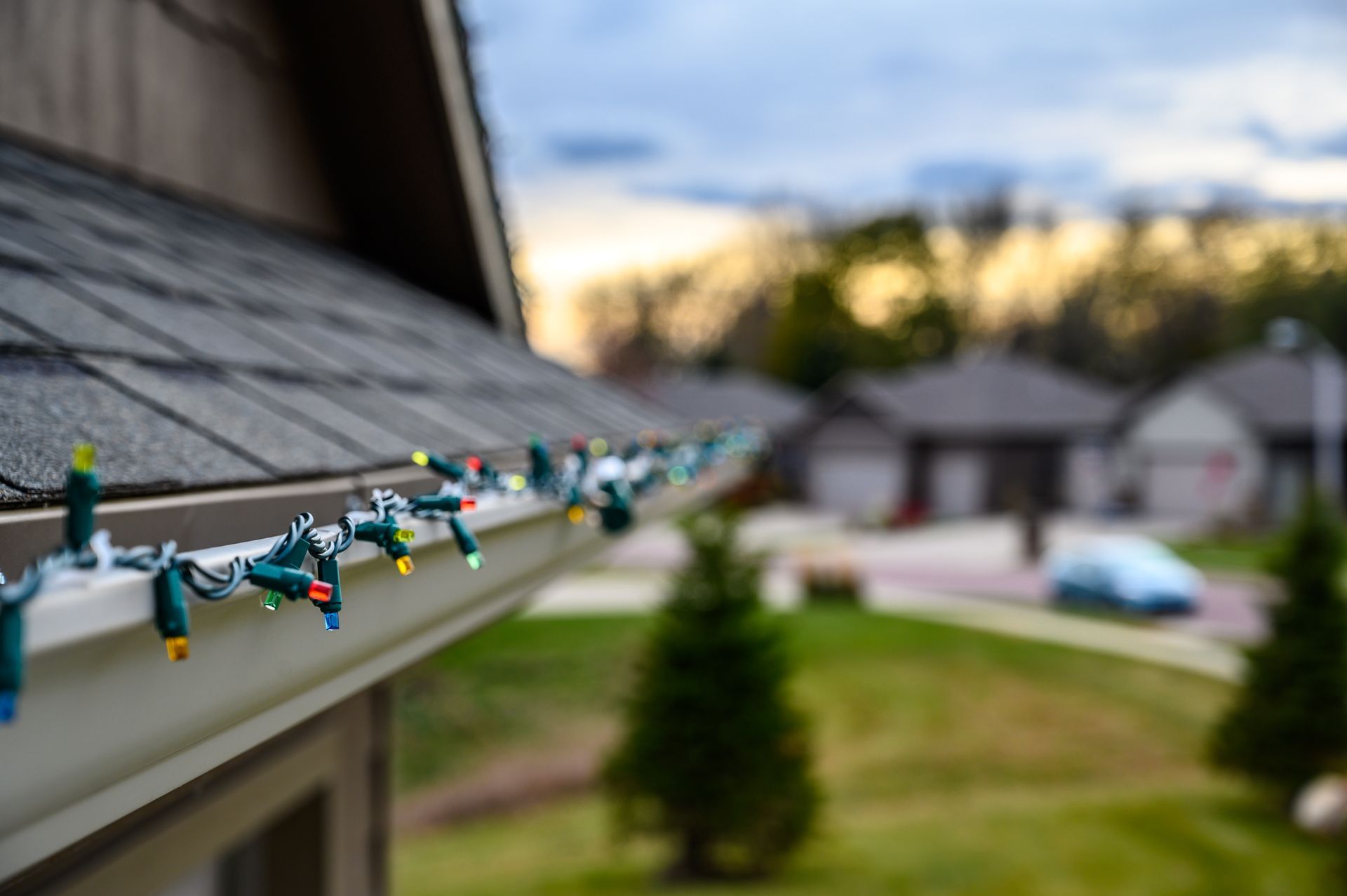
As a homeowner, it’s easy to focus on the visible aspects of your roof, such as shingles and gutters. However, one often-overlooked component is the chimney. A damaged chimney can have serious consequences for your roof and overall home integrity. At Sexton Roofing & Siding, we believe it’s essential to understand how these two elements are interconnected. Here’s what you need to know.
The Role of Your Chimney
Chimneys are designed to vent smoke and gasses from your fireplace or heating system outside. They are essential for ensuring safe operation, but they also play a significant role in protecting your roof. A well-maintained chimney contributes to the overall health of your roofing system, while a damaged one can lead to a host of problems.
How a Damaged Chimney Affects Your Roof
1. Water Leaks
One of the most immediate concerns with a damaged chimney is water intrusion. Cracks or deteriorated flashing around the chimney can allow water to seep into your roof structure. Over time, this can lead to:
Wood Rot: Moisture can damage wooden components of your roof, leading to expensive repairs.
Mold Growth: Damp environments promote mold, which can pose health risks and require extensive remediation.
2. Structural Damage
A compromised chimney can contribute to structural issues in your roof. If the chimney leans or shifts due to damage, it can affect the surrounding roof area, causing sagging or misalignment. This misalignment can put additional stress on your roof, leading to further damage and potentially costly repairs.
3. Decreased Energy Efficiency
A damaged chimney can lead to poor ventilation and airflow in your home. This can create problems with heating and cooling efficiency, resulting in higher energy bills. Additionally, a poorly functioning chimney may allow heat to escape, which can cause your heating system to work harder, further increasing your energy costs.
4. Fire Hazards
A damaged chimney can pose significant fire risks. If creosote builds up due to insufficient ventilation or if there are cracks allowing embers to escape, your home may be at risk for a chimney fire. Regular inspections and maintenance can prevent these hazards and protect your home and family.
Signs of a Damaged Chimney
It’s essential to be proactive about chimney maintenance. Here are some signs that your chimney may be damaged:
Cracks or Gaps: Inspect the masonry for visible cracks or gaps.
Rust or Corrosion: Look for rust on metal components, indicating moisture intrusion.
Deteriorating Mortar: Crumbling mortar joints can compromise structural integrity.
Water Stains: Stains on your ceiling or walls near the chimney can indicate leaks.
Smoke or Odor Issues: If smoke backs up into your home or there are unusual odors, your chimney may not be functioning properly.
Maintenance and Repair
Regular chimney maintenance is crucial to protecting your roof. Here are some steps you can take:
Annual Inspections: Schedule an annual inspection with a qualified professional to assess the condition of your chimney.
Cleaning: Regularly clean the chimney to remove creosote buildup and ensure proper ventilation.
Repair Work: Address any signs of damage immediately. Small repairs can prevent larger, more costly issues down the line.
Don’t wait for the next storm or cold snap to evaluate your chimney. By staying ahead of potential issues, you can safeguard your investment and enjoy peace of mind knowing your home is secure. Remember, a healthy chimney contributes to a healthy roof—so take action now and call your trusted mason!







